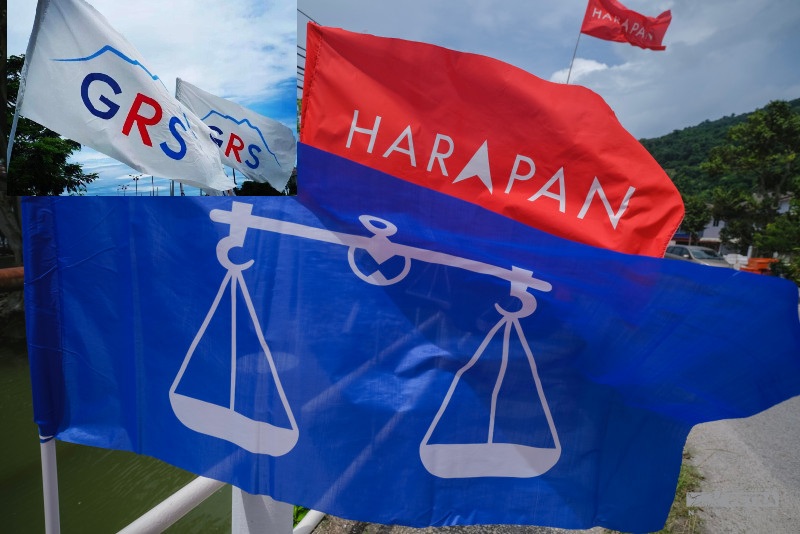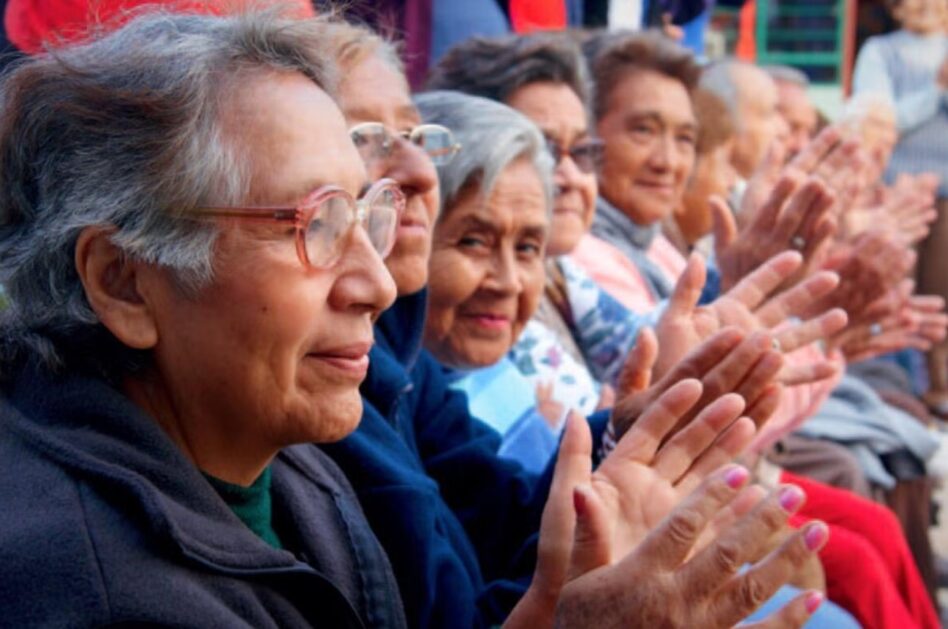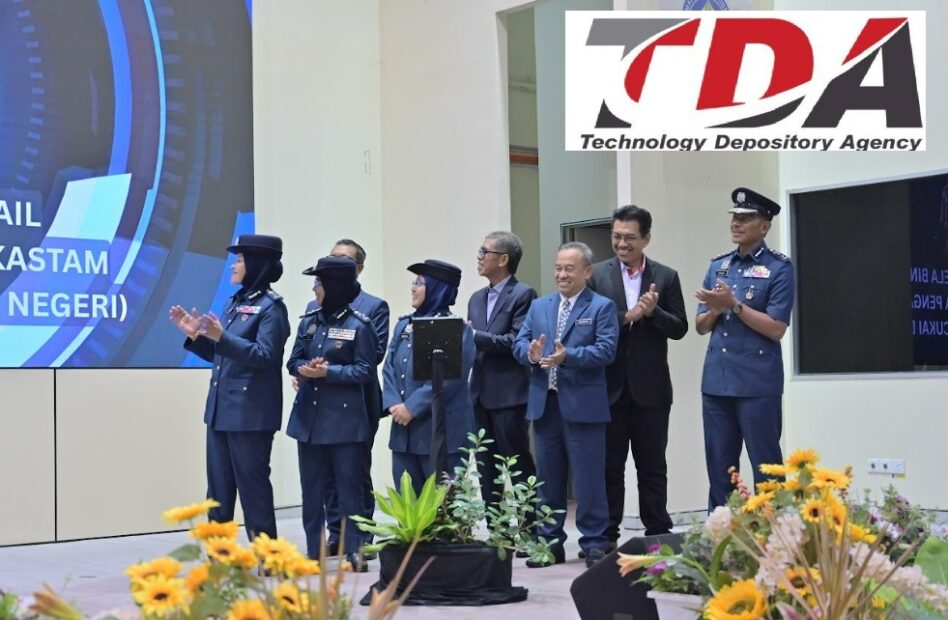AS Sabah approaches its 17th state election, the recently announced Pakatan Harapan–Barisan Nasional (PH-BN) alliance feels less like a fresh political vision but more like a last-ditch rerun of an overplayed drama.
On May 16, leaders in Kuala Lumpur ceremoniously dusted off the unity government secretariat letterhead to announce their pact for Sabah.
This prompted Gabungan Rakyat Sabah (GRS) deputy secretary-general Datuk Armizan Mohd Ali to denounce the move as a “faux pas”. noting that the letterhead “should reflect consensus of all coalition parties” – not just a two-man show imported from West Malaysia.
The controversy wasn’t just about stationery as it symbolised a deeper disconnect. The Pakatan Harapan-Barisan Nasional (PH-BN) alliance claims to bring “stability” and “cohesion” to Sabah, yet their collective memory appears to stretch no further back than the last election cycle.
Sabahans will recall the 2023 political crisis when UMNO Sabah’s sudden withdrawal plunged the state assembly into turmoil, forcing a rushed passage of the anti-hopping law on May 25, 2023 just to avert what many feared would be a constitutional crisis and effective coup d’état.
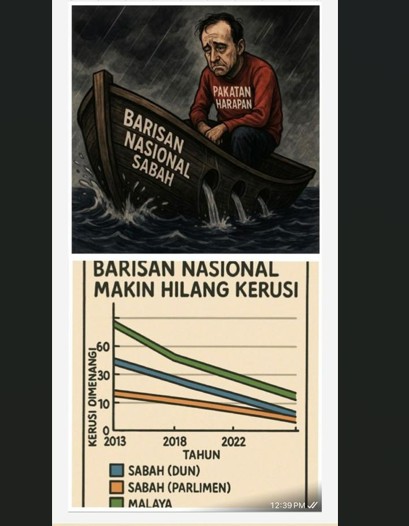
Sabah’s home-grown politicians
Given such recent history, can Sabahans be blamed for viewing PH-BN’s federal-driven alliance with suspicion, wary of being pawns in Putrajaya’s on-going political chess game?
Even before campaigning officially begins, PH-BN’s seat allocation talks resemble a free-wheeling negotiation at a bustling Kuala Lumpur food court.
GRS information chief Datuk Joniston Bangkuai has warned that this chaotic jockeying risked turning the election into a “free-for-all” with rival factions squabbling over constituencies rather than presenting coherent policies for Sabah’s development.
In contrast, GRS stands in sharper relief as at least they know which seats they intend to defend.
Formed on Sept 12, 2020 by Chief Minister Datuk Seri Hajiji Noor, GRS embodies Sabah’s political heartbeat.
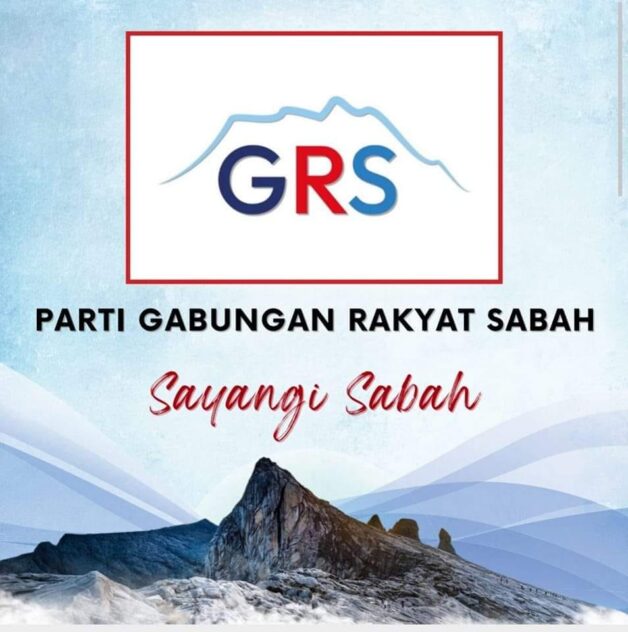
In the 2020 election, it secured a simple majority of 38 out of 73 seats comprising representatives from Perikatan Nasional (17 seats), BN (14 seats) and Parti Bersatu Sabah (PBS) (seven seats).
This result sent a crystal-clear message that Sabahans want local leadership that understands their unique challenges and aspirations. Today, GRS maintains its edge with 39 elected seats plus three nominated assemblymen – a testament to on-going voter confidence.
While PH-BN bicker over letterheads and alliances, Sabahans continue to grapple with pressing challenges such as patchy rural electrification, crumbling secondary roads, and stalled negotiations on the Malaysia Agreement 1963 (MA63) that could unlock greater autonomy for the state.
The real showdown
Federal politicians who are busy crafting headline-grabbing pacts in Putrajaya risk overlooking these daily realities. Can polished joint statements written hundreds of kilometres away truly fix decades-old infrastructure gaps in remote districts like Tambunan or Tawau?
Since assuming office, GRS has quietly but consistently delivered tangible results.
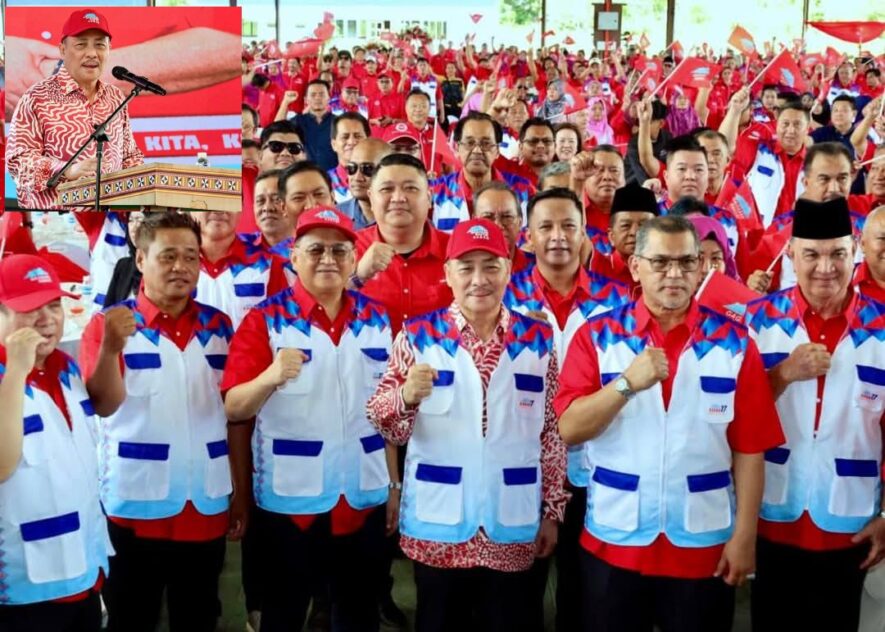
The coalition has re-started the long-stalled Pan-Borneo Highway upgrades, championed the revitalisation of the Anjung Kinabalu night market and pressed ahead with the development of the Skybridge City Centre in Kota Kinabalu – all without waiting for Kuala Lumpur’s blessing or intervention.
No spin cycles, no photo-ops on borrowed letterhead. Just projects Sabahans can see unfolding in their own backyard.
Setting sarcasm aside, Sabah’s real contest isn’t about catchy slogans or who has the flashiest stationery. It’s a contest between a coalition rooted in federal politicking and one born from Sabah’s soil.
As campaign banners rise across Kota Kinabalu and manifestos flutter through Tuaran, voters will have to weigh hollow promises against proven delivery.
In the weeks ahead, the true battleground will be community halls, village markets and rural roads. These are places where GRS’s local-first approach has already made a difference and continues to resonate deeply.
Whether PH-BN’s grand alliance dazzles from afar or GRS’s home-grown substance maintains its momentum, one thing is clear: Sabahans won’t be fooled by mere flash or promises.
Ultimately, the decision will depend on who genuinely understands local Sabahan needs – those who live in the state, work there and have built Sabah’s future brick by brick. – May 26, 2025


